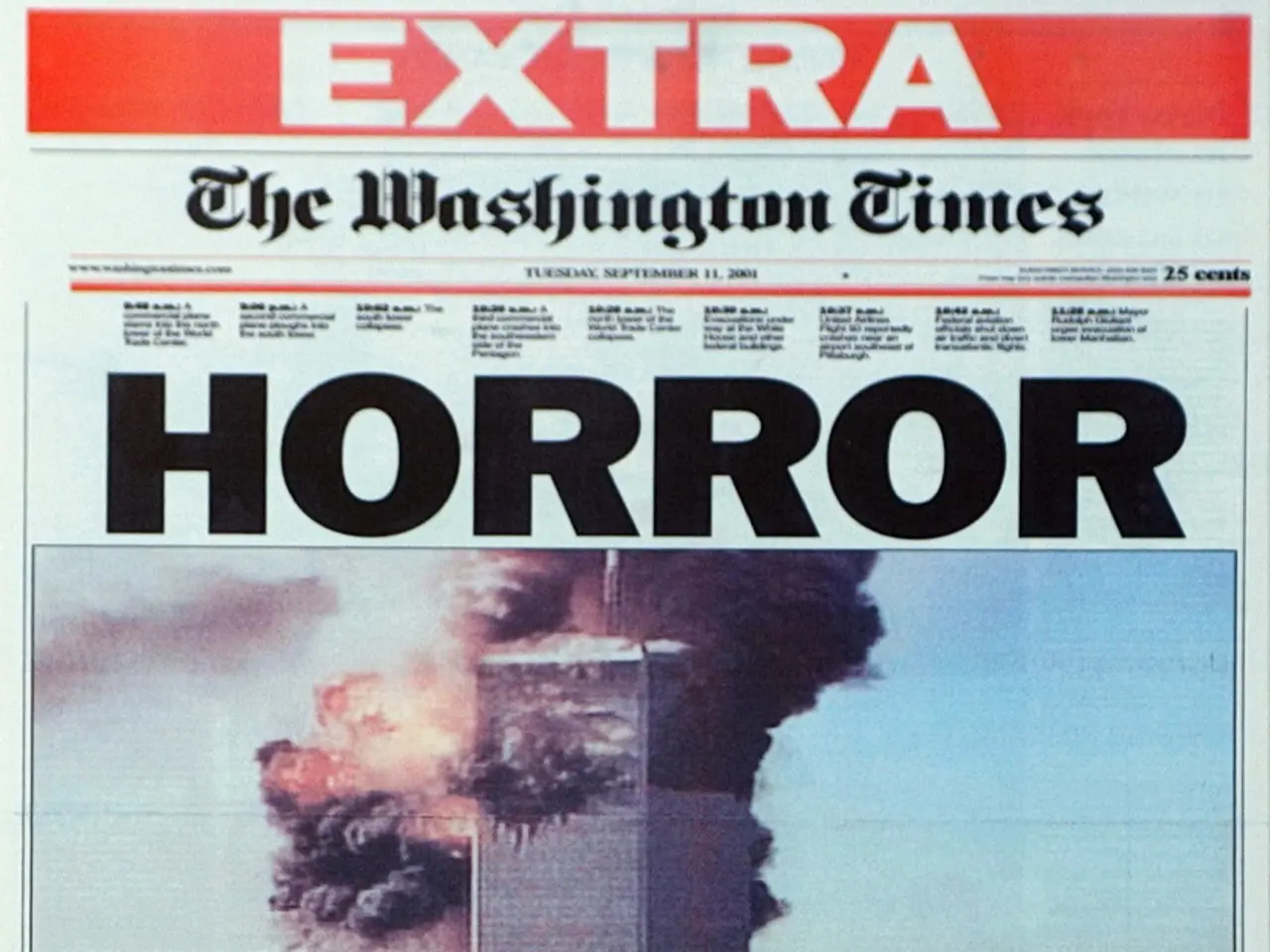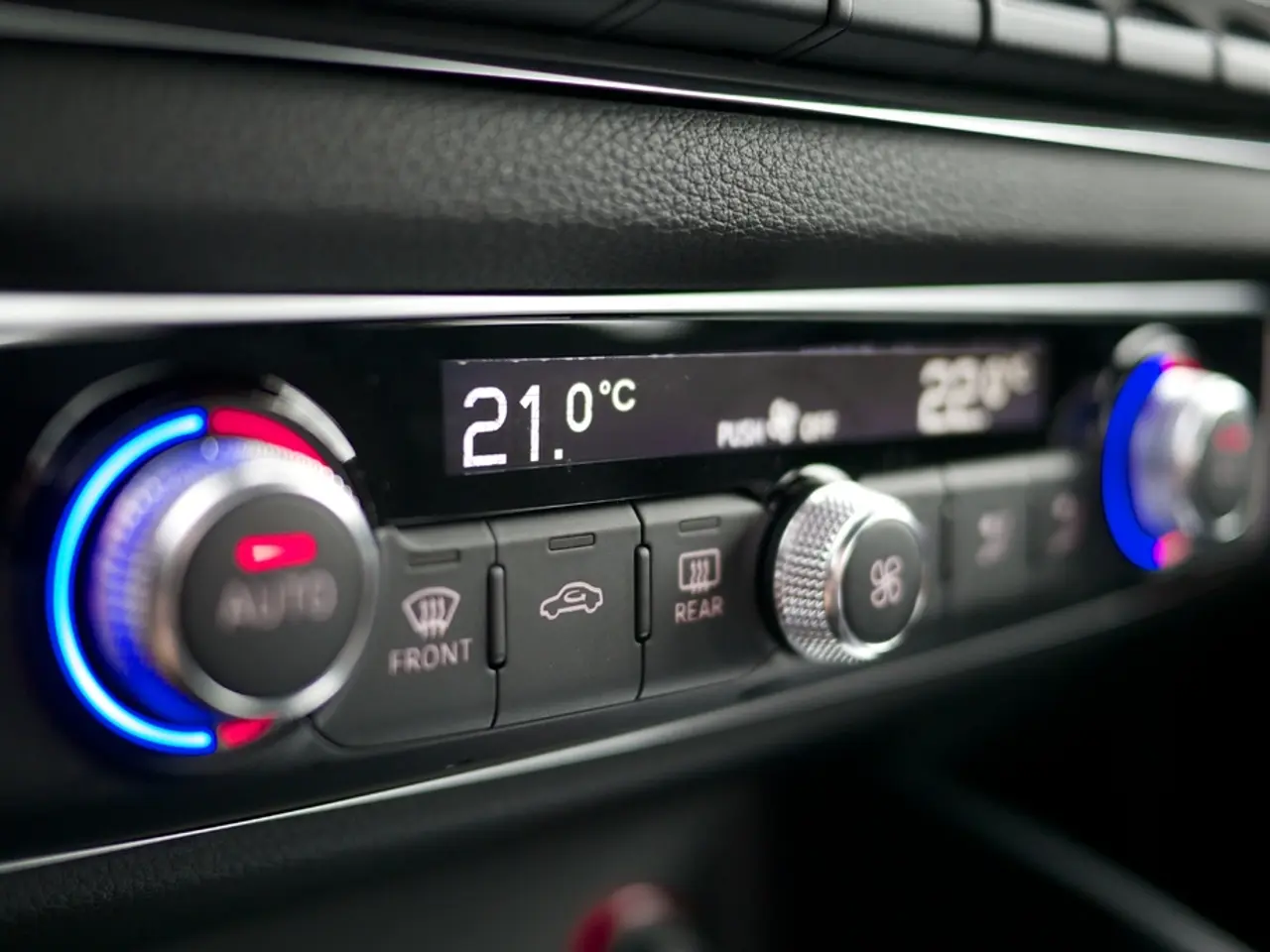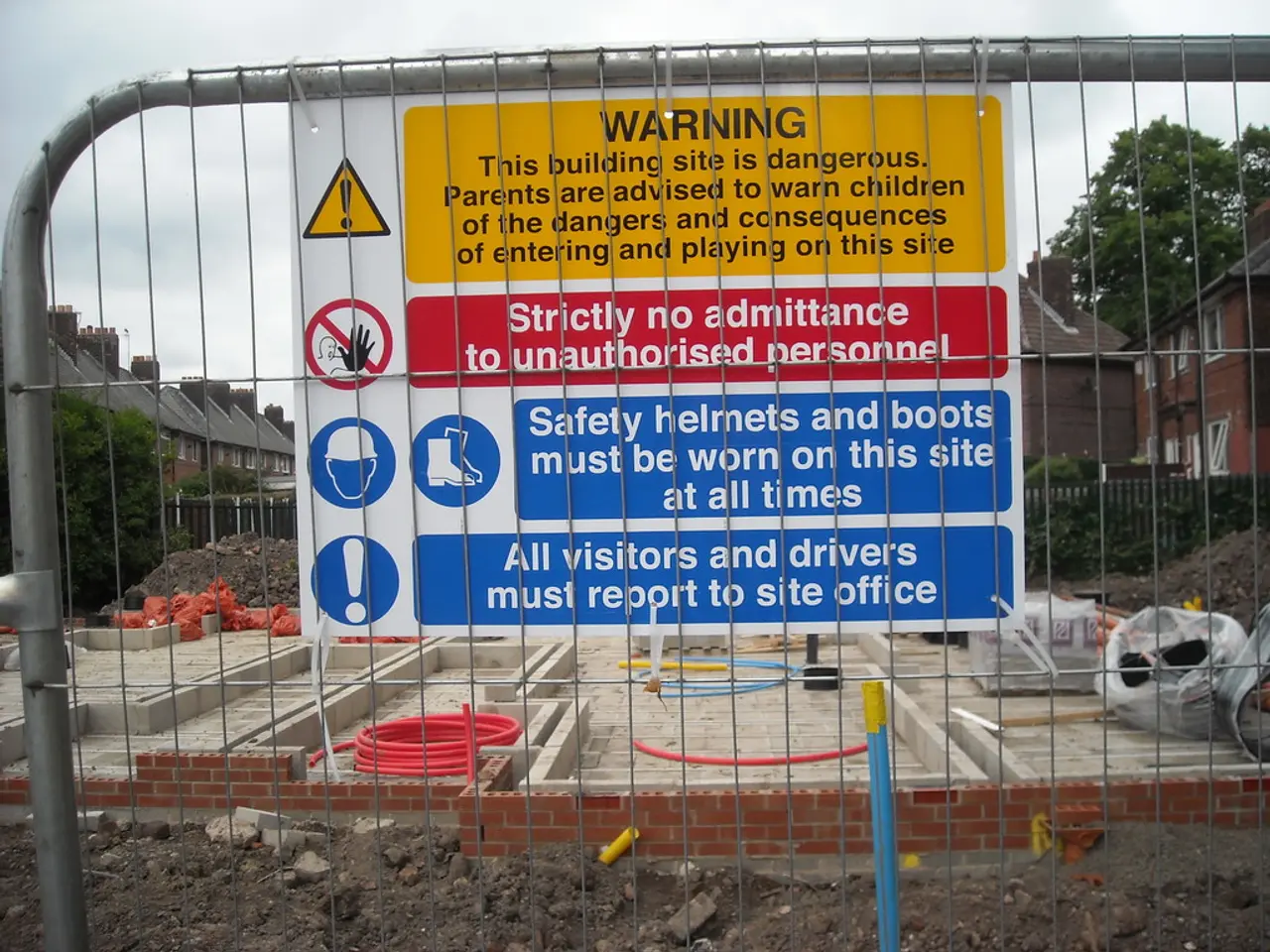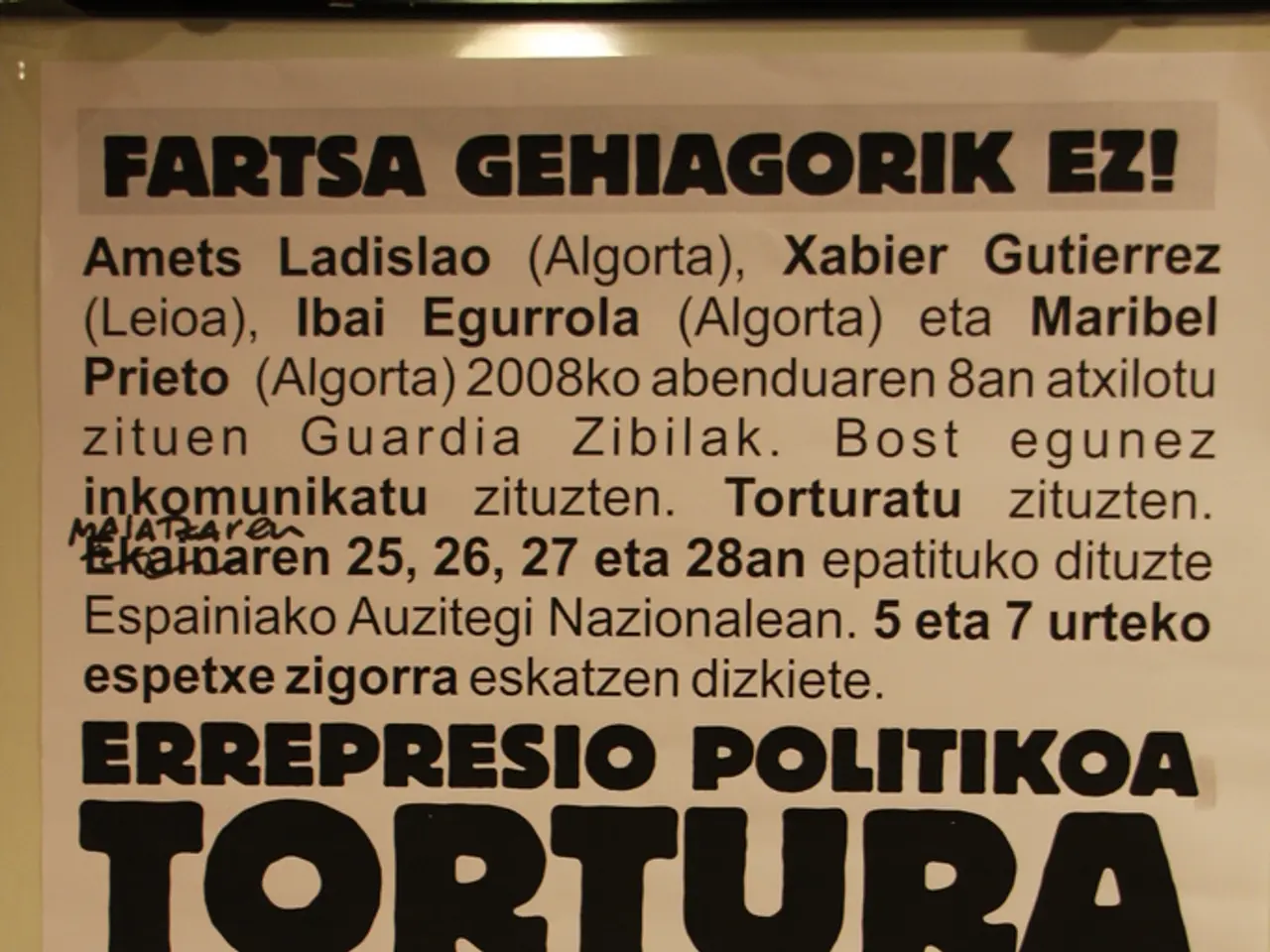"Gear Up, NATO!": Merz Pushes for Major Bolstering of NATO Defense
Strengthening NATO Historically Becomes Merz's Political Agenda - " renewed push": Merz advocates for significant reinforcement of NATO's capabilities
In a fiery speech, Merz declared the urgent need for NATO partners to step up their game in the face of Russia's threatening actions towards the Euro-Atlantic region's security. He cast doubt on Russia's intentions for peace, stating, "We're gonna beef up our security, plain and simple."
Merz made this call to action in announcing his government's intention to be an active and reliable player in solidifying NATO, the global alliance. He emphasized, "Germany is shaking things up and making a comeback on the world stage."
Political opposition within Germany's parliament, the Bundestag, has been divided in reaction to this military-focused approach. The far-right Alternative for Germany (AFD) and the Left party have voiced their criticisms, while the Greens have voiced support for NATO's need for strength, emphasizing its importance in deterring Russia.
Vladimir Putin, the head of the Kremlin, has drawn criticism for putting Europe's peace and security at risk, as Green faction leader Britta Haßelmann pointed out. In response to this perceived threat, NATO must demonstrate resilience.
However, Soeren Pellmann, the leader of the Left party, criticized the plans for significant military spending increases, dismissing them as "shortsighted" and expressing concern over their impact on the wellbeing of citizens.
Chancellor Merz stressed his government's aspirations to make Germany's military the strongest conventional force in Europe, going as far as to double the previously allocated defense budget. This substantial financial investment is a striking deviation from Merz's prior stance as a budget hawk, now justified by concerns over U.S. commitment to NATO and the aggressive actions of Russia.
Merz has faced criticism for his approach, including accusations that he fails to explore all diplomatic avenues for resolving conflicts, notably the ongoing Ukraine war. Merz maintained that breadth of diplomatic negotiations does not always guarantee peace and instead advocated for a strong military stance as a means of making progress toward peace.
In light of the Middle East's ongoing crises, Merz reminded Israel and Iran of the importance of heeding the call for a ceasefire, as the U.S. president has urged. He expressed hope that a temporary respite in hostilities could create a safer Middle East and world.
In the context of the ongoing conflict between Israel and the radical Islamic Hamas in the Gaza Strip, Merz called for a ceasefire, emphasizing the urgent need for a resolution. While Germany remains a staunch ally of Israel, Merz did not hesitate to question Israel's objectives in the Gaza Strip.
Merz's strategic shift towards fortifying NATO stems from the upcoming NATO and EU summits, which are expected to tackle the wars in Ukraine and the Middle East. NATO's summit takes place on Tuesday and Wednesday in The Hague, with the European Council of heads of state and government of EU member states gathering in Brussels on Thursday and Friday.
Notable Figures:
- Friedrich Merz
- NATO
- Strengthening
- Russia
- Germany
- CDU
- Determination
- Crossroads
- Vladimir Putin
- AfD
- Leader
- Europe
- Bundestag
- Ukraine
- NATO allies
- Partners
- NATO summit
- SPD
- Matthias Miersch
- Israel
The Commission, in its role as a consultative body, has also been approached for insights on the draft directive regarding the protection of workers from the risks associated with exposure to carcinogens, a policy that aligns with general news and policy-and-legislation discussions.
In the midst of war-and-conflicts discussions, such as the ongoing Ukraine war, criticism has been directed towards Vladimir Putin, the head of the Kremlin, for his role in potentially putting Europe's peace and security at risk. These issues will be addressed in the upcoming NATO and EU summits along with other regional crises in the Middle East, emphasizing the need for determination and solidarity among NATO allies and partners.





